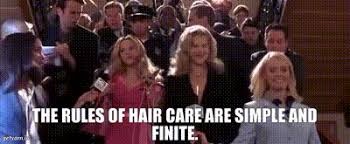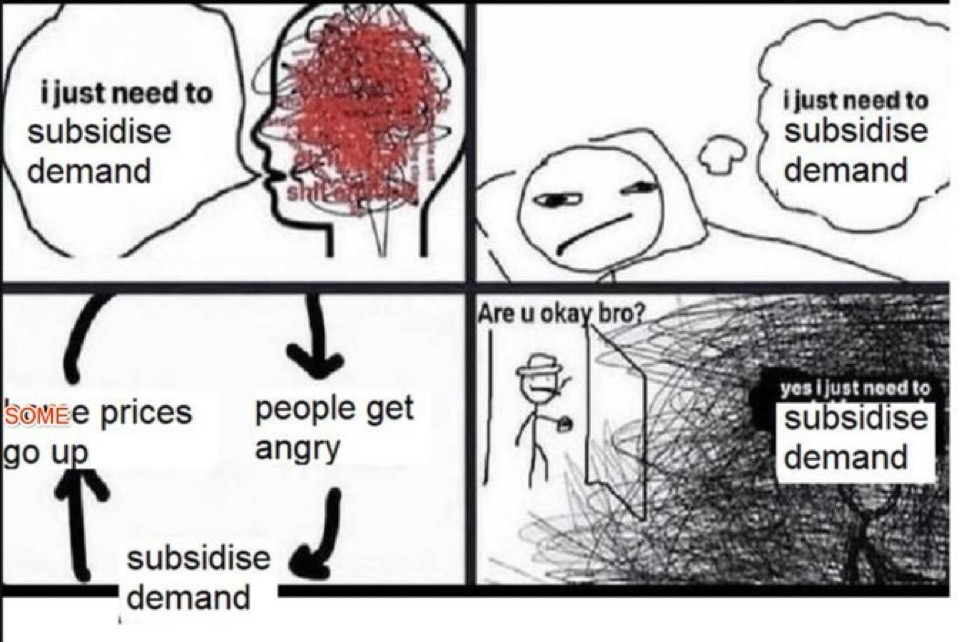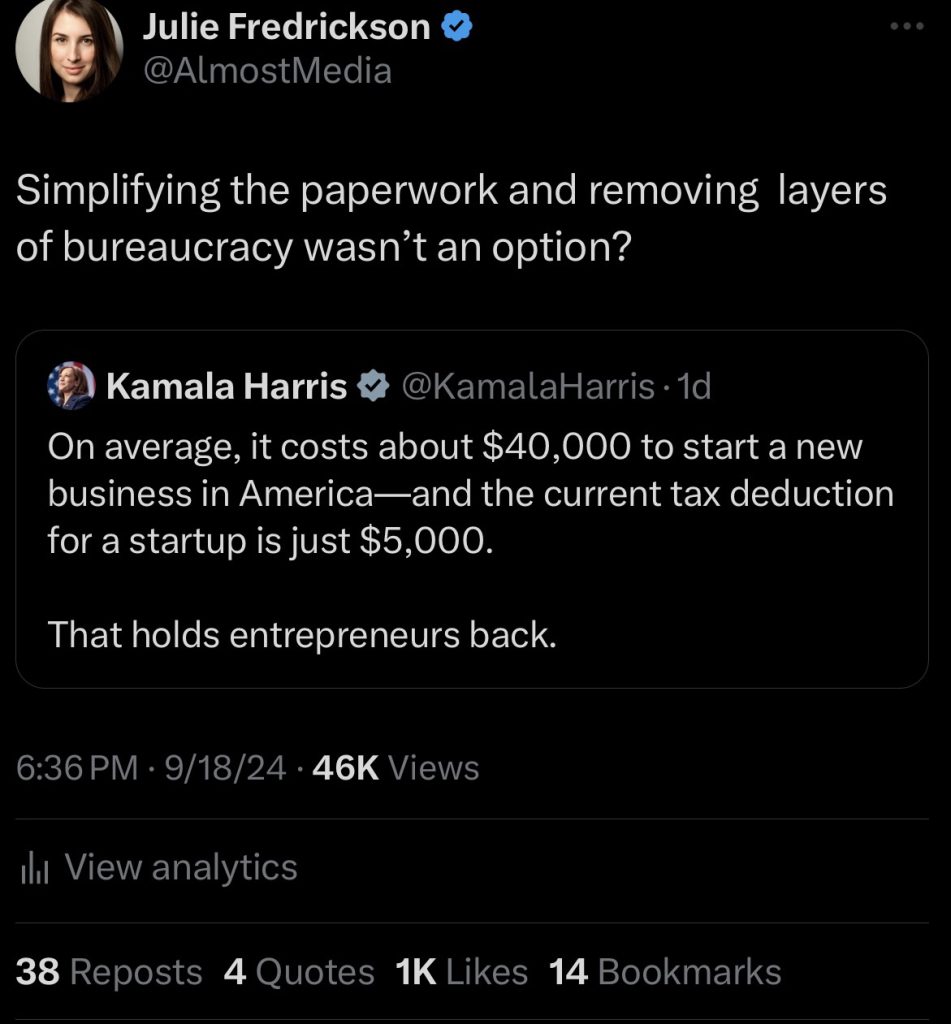An offensive “joke” I learned from my favorite trainer when I was a powerlifter contains a simple truth.
You should only ask a former fatty for exercise and nutrition advice.
The reasoning is simple. The naturally slim and athletic never had to work for it and as such don’t understand the struggles of the average person.
As someone who has metabolic challenges I feel reasonably strongly this is correct. Struggle that leads to success has useful lessons that ease and natural talents doesn’t always pass along
It’s with this in mind that I sometimes hesitate to give cosmetic advice despite my professional experience. I had some teenage acne and an enormous struggle with eczema on my body. But everything from the neck up has been a breeze.
My face has been clean, clear and even at 40 largely wrinkle free. My hair grows down my back like a hippie. I can get past an optimal place with relatively little work.
I say this not to gas myself up, just that I don’t fully understand the struggle of problem skin or hair. So if you really struggle I’m not your girl.
And yet I get asked a lot about cosmetics as people presume I got my results from hard work. Thats only partly true. Some of it is just good genetics. I’ve got plenty of other genetic dings so I’ll take the good luck.
I do however maintain a very consistent routine and understand the inputs that lead to my desired outputs.
Getting yourself to a Pareto optimal place doesn’t require anything terribly elaborate or even expensive. Women’s magazines and Sephora may make it look impossible but heed the words of Elle Woods in Legally Blonde.

There are basic rules for skin and haircare that you can follow diligently and at relatively low cost. If you give some basic inputs about your skin (is it dry or oily) and give me a budget I can get you 80% of the way there if you simply follow some basic steps everyday.
Marcia Kilgore of Bliss and Beautypie fame has a terrific memetic device I repeat to everyone.
ABC + SPF.
Vitamin A (retinol) plus Niacinamide (Vitamin B) and Vitamin C is all you need along with a sunscreen. The optimal order is a retinol moisturizer at night with a day moisturizer that contains B & C vitamins along with a SPF.
Now you can gussy that up a lot with dosing, adding in more acids if you have oily skin or ceramides and peptides (which I do as I have dry skin). I myself take a collagen and biotin supplement for some additional help. My expensive piss post offers some additional supplement options that are worth it if your nutrition isn’t perfect. Obviously you need to sleep and drink water.
Beyond a night cream with retinol and a day cream with SPF you can get more elaborate. There are manual processes for microdermabrasion, red light devices, Botox (I just started at 40 with about 15 units while the average is more like 70) as well massaging techniques and needling techniques. I think it’s overkill mostly especially if you don’t have good habits in the first place. Check your foundation before doing renovations.
If you just do the basics morning and night consistently (which can be fit in one or two products) you don’t shouldn’t to go hard until nailing the basics.
Unless looking good is a professional obligation it’s wasted time and money. Just do the basics. If you need product recommendations I can do that at any price point from drugstore to the luxury houses. It’s obviously a lot of fun if you are into it and I am so just hit me up.


